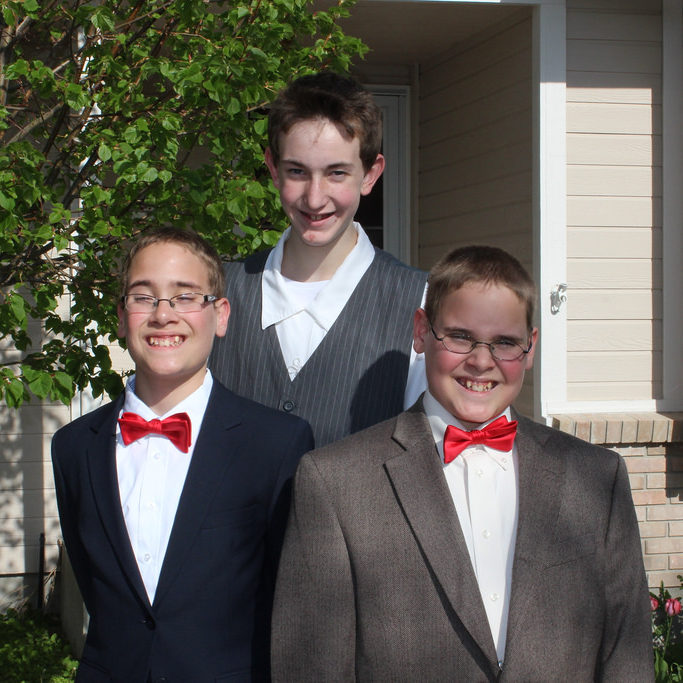What’s the First Step to Changing the World? Back in the 80s, Tears for Fears declared everybody wants to change the world. Well in this LoveEd episode, we share the first step you need to take.
Changing the World the Only Way You Can
 What’s wrong with wanting to change the world?
What’s wrong with wanting to change the world?
Absolutely nothing.
As long as you understand the primary way you can make that happen is by changing yourself.
And that’s exactly what I would endeavor to do except for one
little
itsy
bitsy
issue:
I don’t need changing.
At least not as much as the world does.
If you can relate then read on.
“I don’t need changing as much as the world does.”
It is this very natural disposition residing within each of us that not only keeps us from changing the world, but in fact keeps us from getting along with the most important people in our lives.
“I don’t need changing as much as…
… my parents.”
… my siblings.”
… my friends.”
… my neighbors.”
… my boss.”
And when we get married, it keeps us from sharing the life-giving, life-long relationship for which we hoped.
“I don’t need changing as much as my spouse.”
The problem with this mentality? Even if it’s true, it butts heads with this principle:
You can only change what you can control.
I know. That’s pretty deep.
Or maybe it’s a no-brainer. Hard to say.
But it’s a law of relationships as unchanging as gravity. If you can’t control something, you can’t change it. If I could just wrap my arms around this one truth and hold it tight in a bear hug forever, I would be a far more wonderful person to be around. Even more so than I already am.
You would too. And oh what a wonderful world it would be.
You and I have been given a finite amount of influence over certain people, not very many, perhaps not as many as we might like, but, according to the giver of influence (God), just enough. Jesus describes our Heavenly Father in the parable of the talents:
For it [the kingdom of heaven] will be like a man going on a journey, who called his servants and entrusted to them his property. To one he gave five talents, to another two, to another one, to each according to his ability. Then he went away. – Matthew 25:14-15 (ESV)
God’s a pretty good manager. I mean, nobody’s perfect, but… Oh wait, He is. So we have to learn to trust that He’s given us just the right amount of influence.
If I refuse to accept this, than I will spend my days trying to control people, instead of influencing them. (Hey! That sounds like my parenting style!)
Seriously, I struggle with this. A LOT! But from my struggle as a husband and father of five beautiful blessings from above (ages 10 to 18), please take my word for it, trying to control people doesn’t work.
You know it didn’t work when your parents tried to control you. Instead, it drove a wedge between you and them. (So much for intimacy.)
Why would we think it would be any different when we try to control our friends, and then our boy or girlfriend, and eventually our spouse and kids?
Of course, you can use guilt, fear and manipulation to get people to modify their behavior for you. That can give you the illusion of control, but as soon as you turn your back… Well, you know what you did in those relationships. Because…
True heart change comes from the gentle, faithful influence of someone who truly loves you.
Someone who has your very best interests at heart. Someone who wants you to change (not change you) for your own sake (not theirs). It is this kind of gracious persuasion which nurtures intimacy, closeness, connection, instead of distrust and resentment. And this is how we change the world. At least our little corner of it.
But where can you gain the perspective and attitude change to relinquish the control you never had in the first place? We’ll share some encouragement in that endeavor from God’s word next week.
Date Night Advice (DNA) series: The Intimacy Impostor of Influence
Episode 2: The First Step to Changing the World
Next Episode: The Secret to Learning to Live Within Your Limits
This is post is part of a larger series called Relation^ology (it begins with this post) where we identify the greatest relational need of our heart and then ID the counterfeits we seek out or settle for instead.





